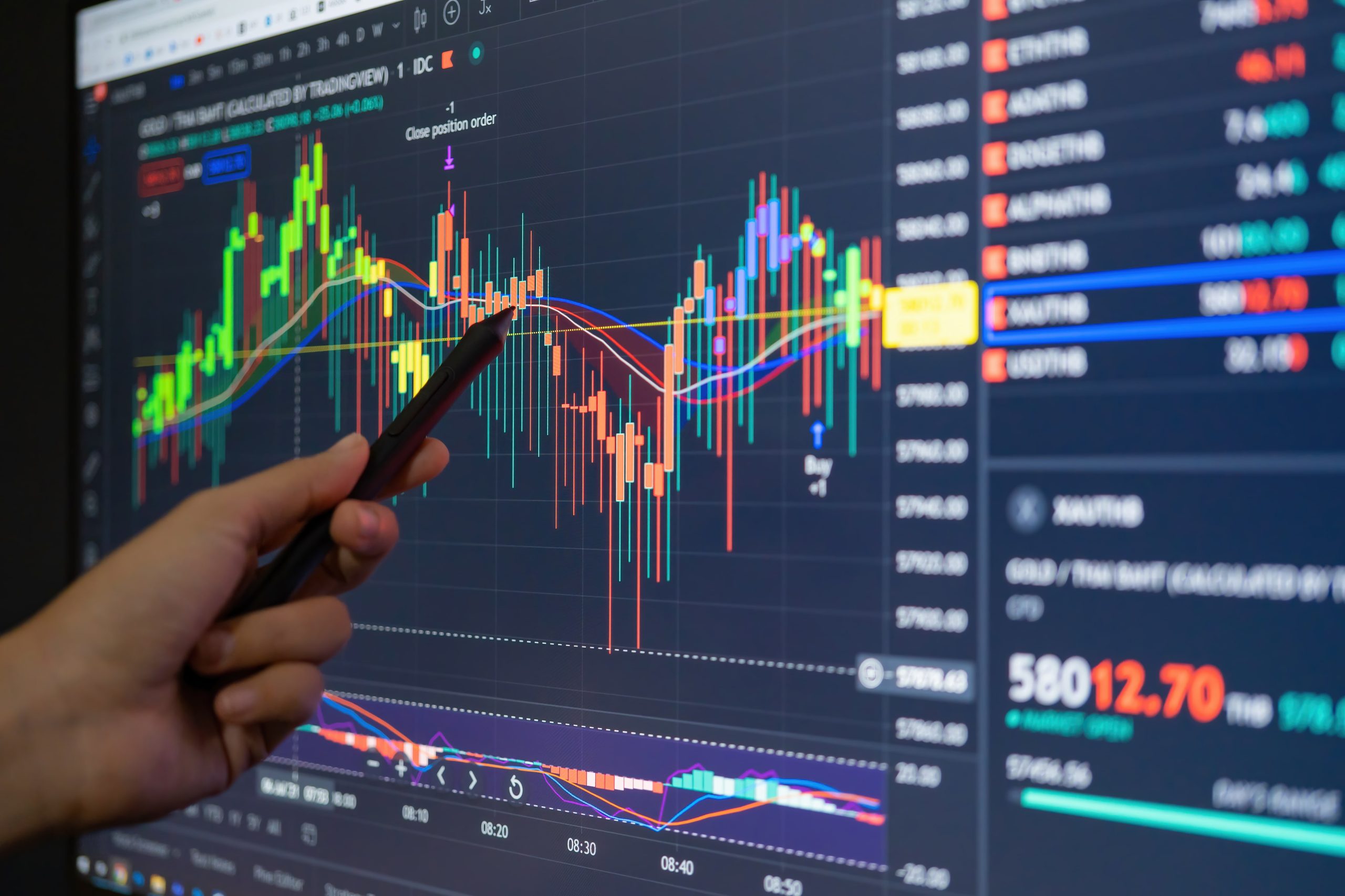Chaos is the Scalper’s Best Friend
Friday, October 17, 2025, has dawned with a market that is not just volatile, but fundamentally blind. As the United States federal government shutdown enters its third grueling week, the traditional data signals that traders rely on have vanished. The Bureau of Labor Statistics (BLS) has gone dark. The Consumer Price Index (CPI) report, originally scheduled for release two days ago, remains locked in a digital vault. For the average investor, this is a crisis of confidence. For the tactical scalper, it is a rare window of opportunity where price action, unburdened by official macro-data, responds purely to psychological support and resistance levels.
The Data Blackout and the S&P 500 Pivot
The lack of official intelligence has turned the S&P 500 into a technical battleground. On October 16, 2025, the index closed at 6,629, reflecting a nervous retreat from the October 15 peak of 6,671. Without CPI numbers to anchor expectations, the market is trading on whispers. Per reports from Bloomberg Markets, the Federal Reserve’s recently released Beige Book suggests economic activity is stagnant, yet the absence of hard inflation data has left the CME FedWatch Tool in a state of flux. Traders are currently pricing in a 97% probability of a 25-basis point cut on October 29, but the lack of a verified inflation print means any headline—true or false—can trigger a 50-point swing in seconds.
NVIDIA and the Five Trillion Dollar Trap
NVIDIA (NVDA) continues to be the primary engine of scalp-trading volume, but the air is getting thin. On October 17, 2025, NVDA is trading near $189.30, a significant cooling from the late-October record high of $212.19 that briefly pushed the company’s market capitalization over the $5 trillion milestone. The current trade setup is defined by a hard intraday pivot at $188.42. Closing below this level opens a trap door to the $174.15 channel top. Scalpers are feasting on the 3% to 5% intraday swings as the market debates whether the massive $100 billion investment in OpenAI and the $14 billion ByteDance chip order are enough to offset the $5.5 billion charge tied to China export restrictions. The volatility is real, the liquidity is deep, and the margin for error is zero.
Regional Bank Fractures and Scalping the Correction
While tech captures the headlines, a secondary scalping theater has opened in regional banking. On October 16 and 17, shares of Zions Bancorporation (ZION) and Western Alliance Bancorporation (WAL) suffered violent corrections of 13.1% and 10.8%, respectively. The trigger was an identified series of fraudulent commercial property loans and subsequent defaults that spooked the broader sector. This is a classic ‘news-fade’ strategy for scalpers. When a sector-wide ‘fear spike’ occurs, the goal is to identify the over-extension. Per Reuters, while JPMorgan and Bank of America have reported robust Q3 earnings, the localized rot in regional commercial real estate (CRE) is creating massive bid-ask spreads that high-frequency algorithms are exploiting.
Technical Trade Metrics for October 17
- Gold (GC): Hit a historic $4,200 an ounce today. Scalpers are watching the $4,230 resistance.
- Bitcoin (BTC): Hovering at $111,300. The $113,600 overnight high remains the primary target for momentum scalps.
- WTI Crude: Slipped to $58.50 a barrel. The bearish rotation follows reports of Chinese trade tensions and a potential rare earth metals embargo.
The Regulatory Shift and HFT Transparency
The 2025 trading environment is no longer the Wild West. New transparency requirements for algorithmic trading strategies, enforced by the SEC as of June, have changed the ‘fill’ dynamics for retail scalpers. Automated systems must now disclose latency-advantage parameters, which has narrowed the gap between institutional ‘dark pools’ and retail order flow. Additionally, the introduction of a 0.1% surcharge on ‘excessive cancellation’ (orders canceled within 100 milliseconds) has curbed some of the more predatory HFT spoofing tactics. This allows the individual scalper to read the tape with more clarity, as the ‘phantom liquidity’ that plagued the 2023-2024 markets has largely been neutralized by regulatory oversight.
Current Market Snapshot
| Asset Class | Current Level (Oct 17, 2025) | 24h Change |
|---|---|---|
| S&P 500 | 6,629 | -0.63% |
| NVIDIA (NVDA) | $189.30 | +1.2% |
| Bitcoin (BTC) | $111,300 | -1.4% |
| Gold (XAU) | $4,230 | +1.6% |
The next major milestone for market participants is the scheduled restart of the Bureau of Labor Statistics data on October 24, 2025. This release will provide the first verified look at September inflation and likely dictate the Federal Reserve’s final decision during the October 29 FOMC meeting. Until that data hits the tape, expect the current environment of high-velocity intraday swings to persist. Watch the 10-year Treasury yield, currently flat at 4.04%, for any signs of a breakout that could derail the tech-heavy Nasdaq 100 before the month ends.



